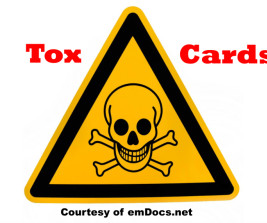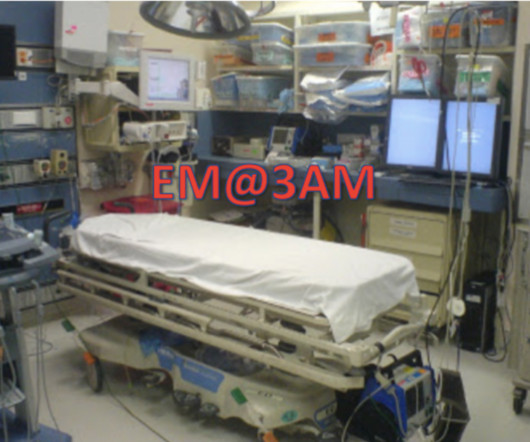ToxCard: Iron
EMDocs
DECEMBER 6, 2024
6 Can see subsequent electrolyte disturbances and dehydration related to severity of GI symptoms. Aggressive fluid resuscitation as patients may be severely hypovolemic from GI symptoms. Case Follow-up: The patient received a fluid resuscitation with 20 mL/kg bolus of normal saline. Antiemetics as needed.













Let's personalize your content